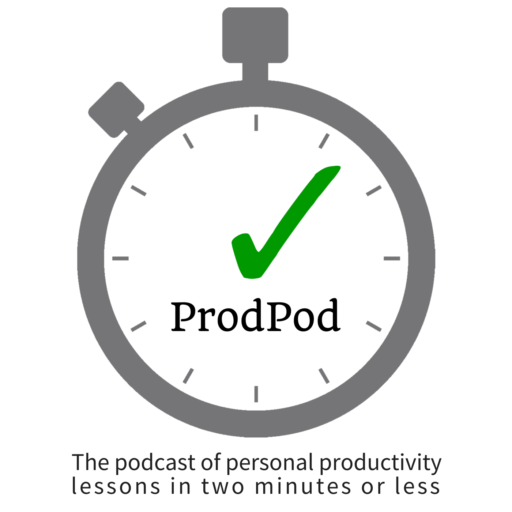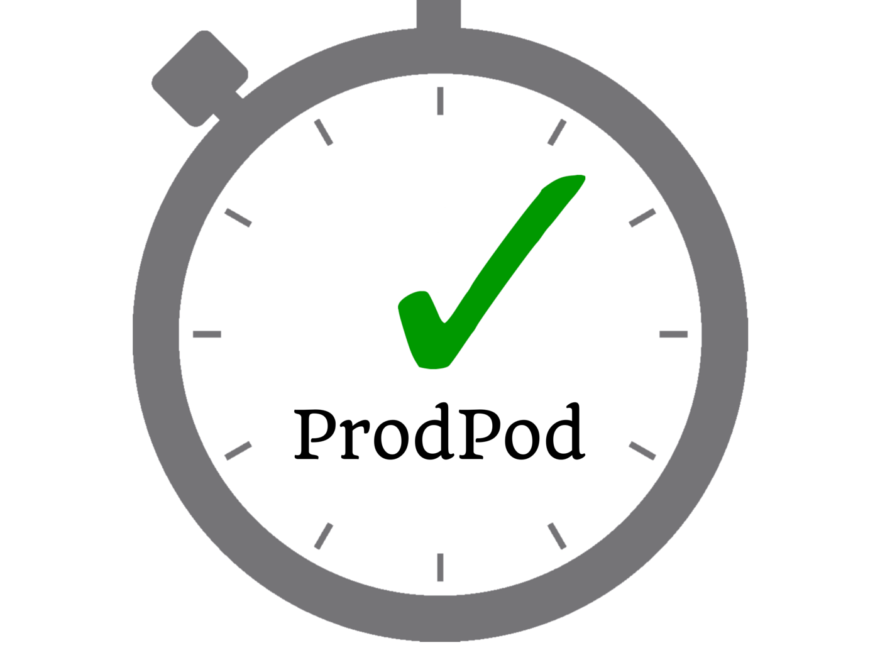In Episode 22, I defined procrastination and even gave a few pointers about Procrasti-Doing in Episode 82. In this episode, I’d like to continue the dialog with some tips on overcoming procrastination.
I recognized many years ago that overwhelm was a major cause of my own procrastination, which I covered a few episodes back in Episode 108, and a tactic that works well for me is to break tasks down into smaller parts. So, if I feel anxiety over writing an important, potentially conflict-oriented email to a client, I change the task from “Write email to John Doe about X issue” to “Write the bottom-line-up-front (BLUF) sentence to start John Doe email about X issue.” This is my first sentence after pleasantries in an email that details a summary of the action I’m requesting or proposing. This makes the overwhelm and procrastination dissipate into a smaller, highly doable action, and nine times out of ten I commence with the task at hand.
Another recommendation is tracking your procrastination. When you notice yourself succumbing to procrastination, keep a commonplace notebook nearby, a productivity journal, or as I do, a notebook in Evernote, and start writing what’s on your mind. Over time, you’ll be able to better identify the trigger that leads to procrastination and what you might be avoiding truly. While doing your notebook entry, use the 5 Why’s method to get at the root cause of your procrastination. Ask yourself (and preferably write down) why you’re procrastinating, then ask yourself why again, and again, and again, and again. By continuing to ask yourself why, and thinking more deeply about the real reason for your procrastination, you start to see the root causes of all unproductive behaviors in your work and life. These central themes may or may not be a shock to you.
One final quick tip for overcoming procrastination is to make your brain think in small units of time. This creates a greater sense of scarcity and promotes greater tendencies toward action. For a larger or long-term goal, project, or task, turn years or months into months or days, respectively. So, a goal that is a year away becomes 12 months away, then maybe even 364 days from tomorrow. This creates a mental timeline that seems more granular and closer than the higher time abstraction (year for month, and month for days). If you have a month to get something done, it’s a month away…more than enough time. But, if you only have 30 days to get something completed, you’d better start today, right? So, get started!

